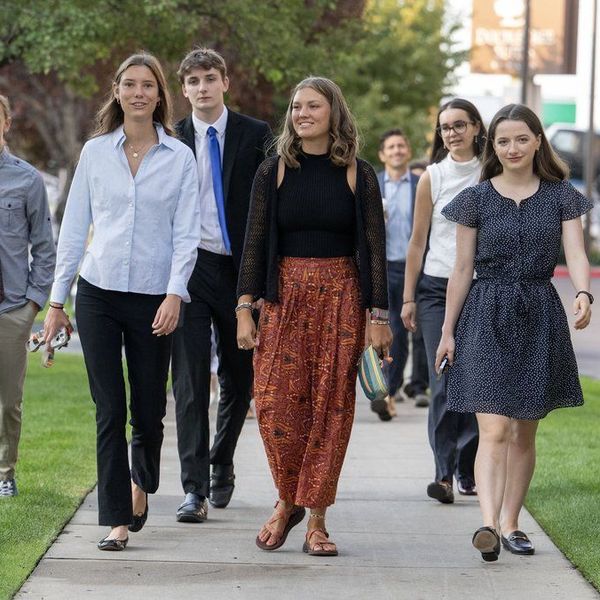Do the citizens of a town have the right to ban something they perceive to be detrimental to their health and quality of life? Even if the state supports the practice? The Colorado Supreme Court on Monday announced it will weigh in on this debate as it prepares to hear the cases of two communities which, despite the state's pro-fossil fuel stance, voted to ban fracking within their borders.
The court will hear cases from Longmont, where voters banned the oil and gas drilling practice in 2012, and Fort Collins, where voters approved a 5-year moratorium in 2013. After their passage, both grassroots efforts came under fierce attack by both the drilling industry as well as the pro-fossil fuel state government, led by the outspoken fracking advocate Gov. John Hickenlooper (D). The bans were both thrown out in 2014 by two back-to-back district court rulings. The cities and several environmental groups appealed.
"I would say this is pretty huge," said Tanya Heikkila, an associate professor at the University of Colorado Denver who studies fracking policy debates, in regards to the upcoming hearing. While the state generally allows local governments to participate in decisions about how drilling and fracking occur, it refuses to cede municipalities the power to prohibit such activities, even if there is a clear citizen opposition.
"The Supreme Court decision will clarify that issue," Heikkila said.
Similar fights are being waged in both Texas and Ohio, where citizen efforts to ban fracking have been undermined by the state.
In Colorado, the ties between the drilling industry and politics are as murky as fracking wastewater.
Last week, Hickenlooper unveiled the state's supposed "Climate Action Plan," which local environmentalist and activist Gary Wockner dubbed "a slick, glossy, amalgam of smooth rhetoric, pretty pictures and soft-ball recommendations" that will effectively increase, rather than decrease, Colorado's carbon emissions.
Further, a recent investigation published in the Boulder Weekly revealed the influence that a handful of wealthy conservatives, through a network of faux grassroots organizations, have had on the state's environmental policies.


